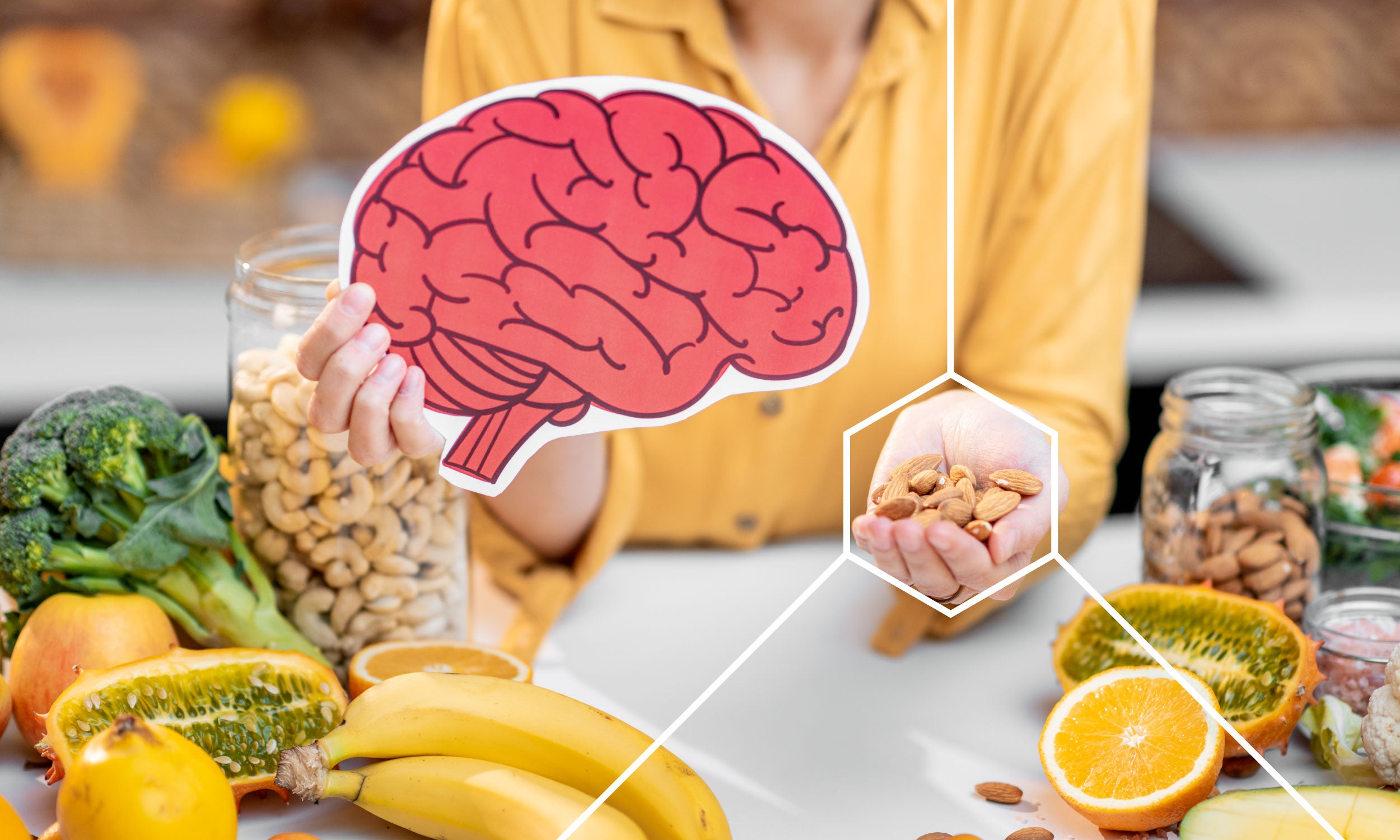
Do you know what a nootropic is? Chances are you take one every morning while you’re getting ready for work in the form of coffee. These are cognition enhancers that many believe can boost concentration, memory, and cognitive function. In today’s article, we will discuss what a nootropic is, what do nootropics do, what the most effective nootropic is, are nootropics safe, how do nootropics work, and common types of nootropics.
What is a Nootropic?
Nootropics are often referred to as cognition enhancers or memory-enhancing substances. These substances can come in the form of a prescription or nonprescription. The purpose of a nootropic - which is also referred to as “smart drugs” in certain circles - is to counteract the symptoms of ADHD, narcolepsy, or Alzheimer’s disease.
Nonprescription nootropics work more like supplements or stimulants. Think, for example, caffeine and creatine. While non-prescription nootropics do not treat disease, they may affect thinking, memory, or other mental functions. Before purchasing a nonprescription nootropic with the hope of it boosting cognitive function, it’s important to do your research first.
Is Nootropic A Supplement?
Is there a Nootropic supplement that you can easily implement into your daily routine? As mentioned earlier, some nootropics require a prescription and others that are non-prescription. The nootropics that require a prescription are drugs, not supplements. Research has found that the use of certain nootropic drugs can increase cognitive function in healthy people. However, relatively high doses of nootropics can cause cognitive deficits.
Nonprescription nootropics are considered supplements or stimulants. These products have a robust industry, reaching $1.96 billion in 2018. Unfortunately, many nootropic supplements are non approved by the FDA and feature misleading ingredients and illegal marketing. This is why it’s important to do your research before purchasing a product.
Is Nootropics Used For Memory?
A common use for prescription nootropics is to help those suffering from ADHD, narcolepsy, dementia, or similar conditions. A common side-effect of these conditions, especially dementia, is memory loss. While nootropics can effectively treat specific medical conditions, a person should not take nootropics without a prescription.
Nonprescription nootropics can have similar benefits, but research is lacking. For example, caffeine is a popular nootropic supplement. Consuming a safe amount of caffeine could help boost both long-term and short-term memory. However, caffeine pills can contain high amounts of stimulants, and taking too much can lead to a caffeine overdose and even death.
What is the Most Effective Nootropic?
In recent years, nootropics have boomed in popularity, but are nootropics effective? Despite the sudden increase in these “smart drugs,” further research is needed before declaring one as “the most effective.” Here are some popular nootropics and their benefits:
- Caffeine - Caffeine blocks adenosine receptors in your brain, which makes you feel more awake
- L-Theanine - L-theanine has a calming effect without causing drowsiness
- Creatine - Creatine promotes muscle growth, but it also has cognitive benefits
- Noopept - Noopept speeds up how quickly the brain forms and retrieves memories
- Piracetam - Piracetam improves memory in people with age-related mental decline
Are Nootropics Safe?
Whether or not cognitive enhancement supplements are safe is still a hot topic of debate. The physical and mental well being of the person taking a nootropic will factor into the equation. Someone taking nootropics with a co-occurring mental health condition can experience unpredictable and dangerous outcomes. Here are some of the potential side-effects of nootropics:
- Experiencing psychosis
- Hypomania
- Severe anxiety
- Panic attacks
- Restlessness
It is also possible to grow an addiction to nootropic medications.
Do Nootropics Work Immediately?
Nootropics can have immediate results. For example, caffeine may only take a few minutes to kick in. Other nootropics such as Adderall may take 30 minutes. There are long-term nootropics that take days or weeks to kick in. The immediate side-effects of nootropics generally wear off within several hours.
What Are The Benefits Of Consuming Nootropics?
Again, further research into the benefits of nootropics is required before making any definitive statements. With that in mind, here are some benefits of consuming nootropics:
- Improved sleep quality
- Balanced mood
- Improved concentration
- Improved memory
- Lower stress levels
Supplements Can Help
Another way you can focus on cognitive health as you age is through a process known as autophagy. This is the body’s way of replacing old and damaged cells with newer, healthier cells. This process can help reduce the unwanted side-effects of aging, including cognitive decline. One of the ways to induce this process is by consuming foods that are high in spermidine.







